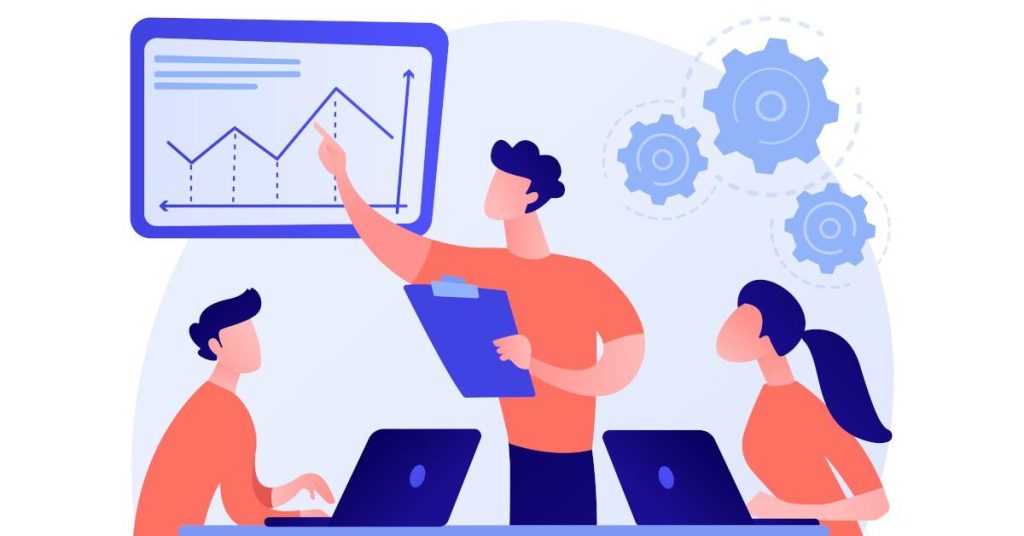Multiple offers of instruments are now proliferating, presenting themselves as tools to verify the reliability of the information shared about education. Each of these instruments is supposed to determine whether a piece of information is true or false based on the available evidence. However, most of these instruments do not withstand even the slightest scrutiny when contrasted, precisely, with the evidence. Let me explain.
Those of us who have always defended the right of citizens to know the scientific evidence in education—and to have it taken into account in their schools—were very pleased when that desire became a current requirement of scientific research in all its fields. Today, international organizations and society demand that the information disseminated about education be verified with scientific evidence of social impact—that is, with that subset of scientific evidence that has already been proven to achieve the best educational outcomes. This process is required to take place through co-creation, meaning continuous dialogue between citizens and scientists about which scientific evidence has social impact and which information is based on falsehoods that lead to poor results.
There are instruments created by the world’s most important scientific research programs. For example, within the framework of Horizon 2020 and Horizon Europe, the citizen–scientific platform Adhyayana was created, rigorously following the standards of current scientific research. All the information it contains is co-created by scientists and citizens and can be refuted by any new argument or evidence that proves to be superior to the currently agreed-upon knowledge. However, most of the instruments being offered today do not follow these standards. Some even leave the decision of what counts as evidence in the hands of one or several so-called experts, which ensures that falsehoods favorable to those experts—or to those who own such falsehoods—are labeled as evidence.
The right of children to education, and the efforts that professionals and families devote to it, require that we reject those falsehoods and base ourselves on scientific evidence with social impact.
This article is translated from Periódico Educación
Former Dean of the Faculty of Political Sciences and Sociology at the Universitat Autònoma de Barcelona; she is currently a Visiting Academic at the School of Social and Political Science at the University of Edinburgh.


